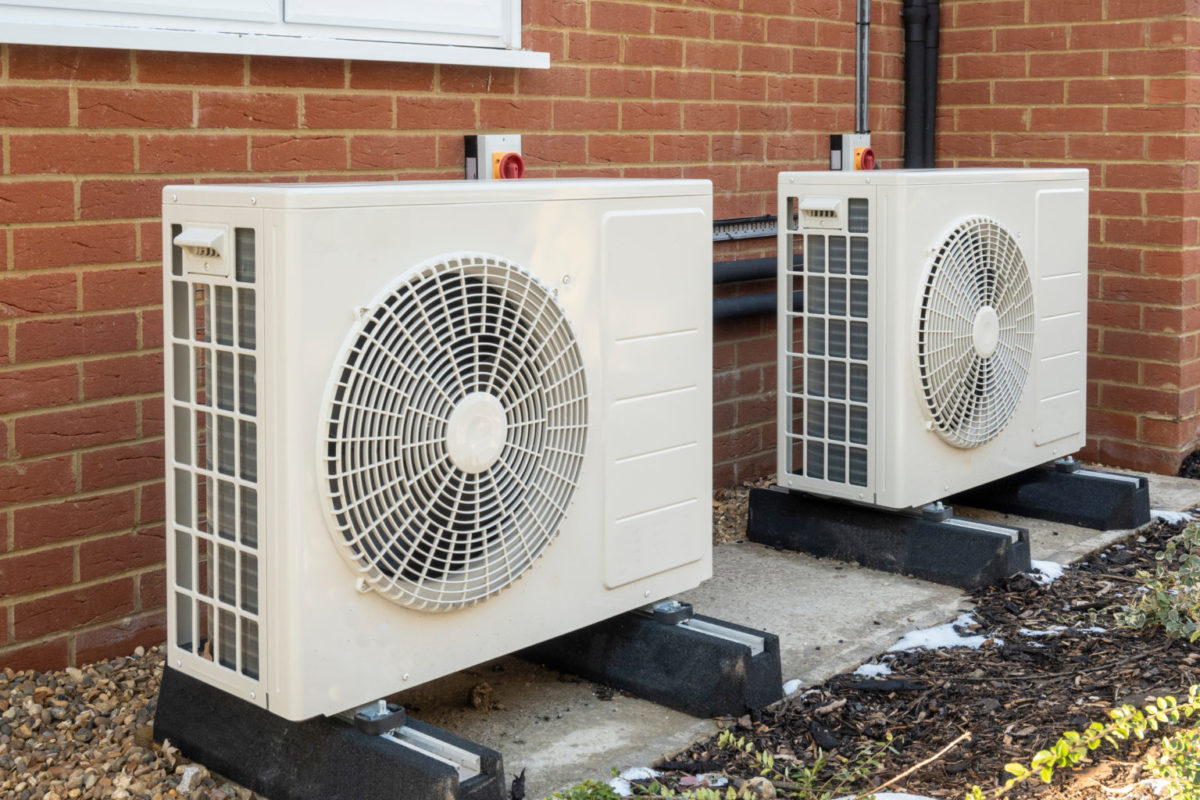The International Energy Agency (IEA) says in a new report that the number of heat pumps installed in buildings throughout the world will rise from 180 million units in 2020 to around 600 million in 2030. Solar and wind power are expected to produce 40% of electricity by 2030, and the rising electrification of space heating and cooling will play a major role in those gains.
High-efficiency electric heat pumps will be the main technology driving reduced emissions from heating in the building sector, according to the agency’s Net Zero Emissions by 2050 (NZE) scenario. New fossil fuel boilers are expected to be fully phased out by 2025.
Nordic European countries and France lead the market share of heat pumps, due to high end-user acceptance and awareness of their more competitive total life-cycle costs. In Sweden, 29% of heating demand from buildings is covered by heat pumps. In Finland, the corresponding figure is 15%.
In regions where heat pumps can meet demand for cooling as well as heating, like the United States and Japan, the technology also accounts for a large share of the heating market. In the United States, about 40% of new single-family homes are heated by heat pumps.
The European Commission’s REPowerEU plan suggests doubling the deployment rate of heat pumps to 10 million units within the next five years, in order to reduce the dependence on Russian natural gas.
In the United States, heat pumps have been identified as one of five key technologies in the Defence Production Act (DPA). The IEA recommends that taxes and subsidies should support the deployment of heat pumps, by shifting fees linked to higher saturation of renewable energy sources from electricity prices to fossil fuel prices, for example.
This content is protected by copyright and may not be reused. If you want to cooperate with us and would like to reuse some of our content, please contact: editors@pv-magazine.com.








By submitting this form you agree to pv magazine using your data for the purposes of publishing your comment.
Your personal data will only be disclosed or otherwise transmitted to third parties for the purposes of spam filtering or if this is necessary for technical maintenance of the website. Any other transfer to third parties will not take place unless this is justified on the basis of applicable data protection regulations or if pv magazine is legally obliged to do so.
You may revoke this consent at any time with effect for the future, in which case your personal data will be deleted immediately. Otherwise, your data will be deleted if pv magazine has processed your request or the purpose of data storage is fulfilled.
Further information on data privacy can be found in our Data Protection Policy.